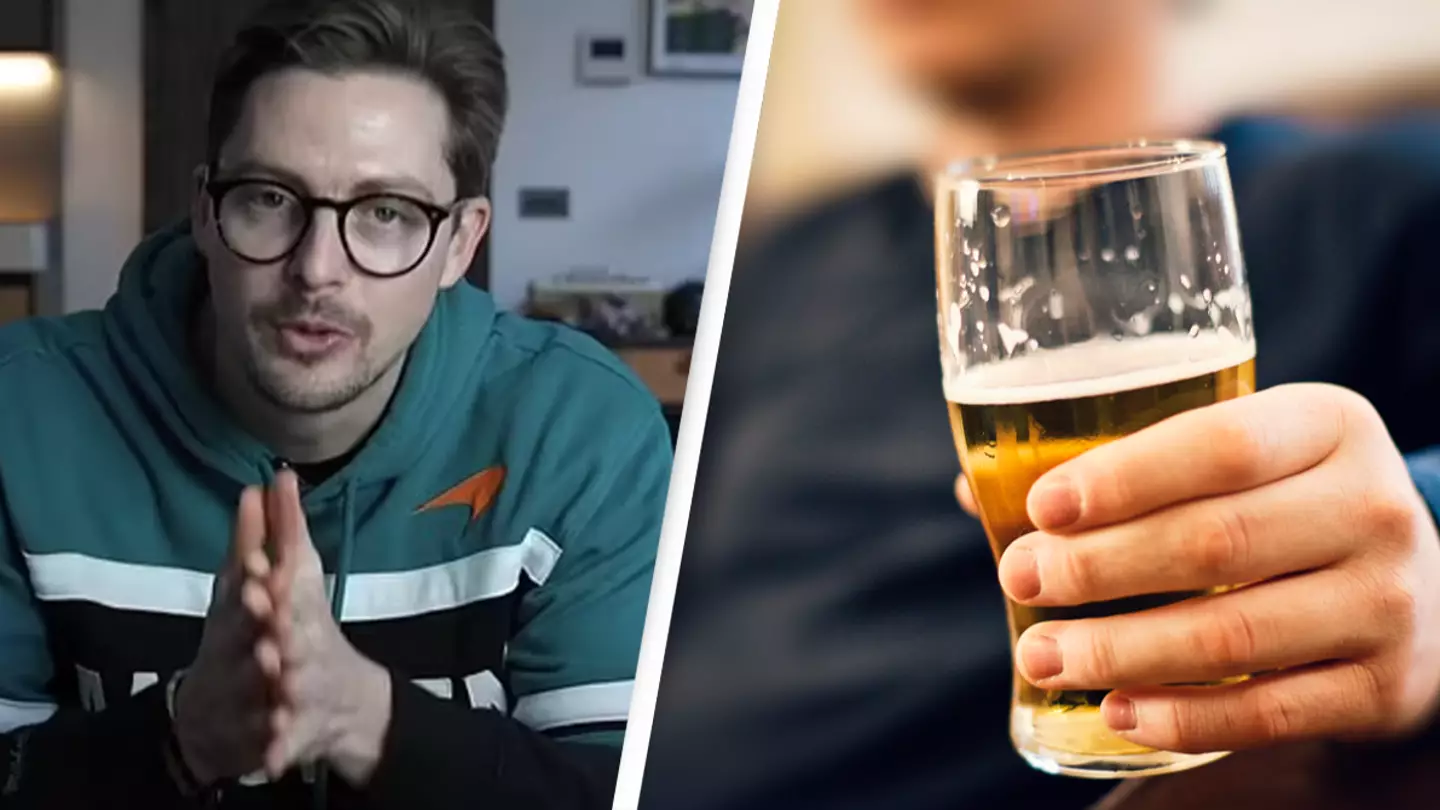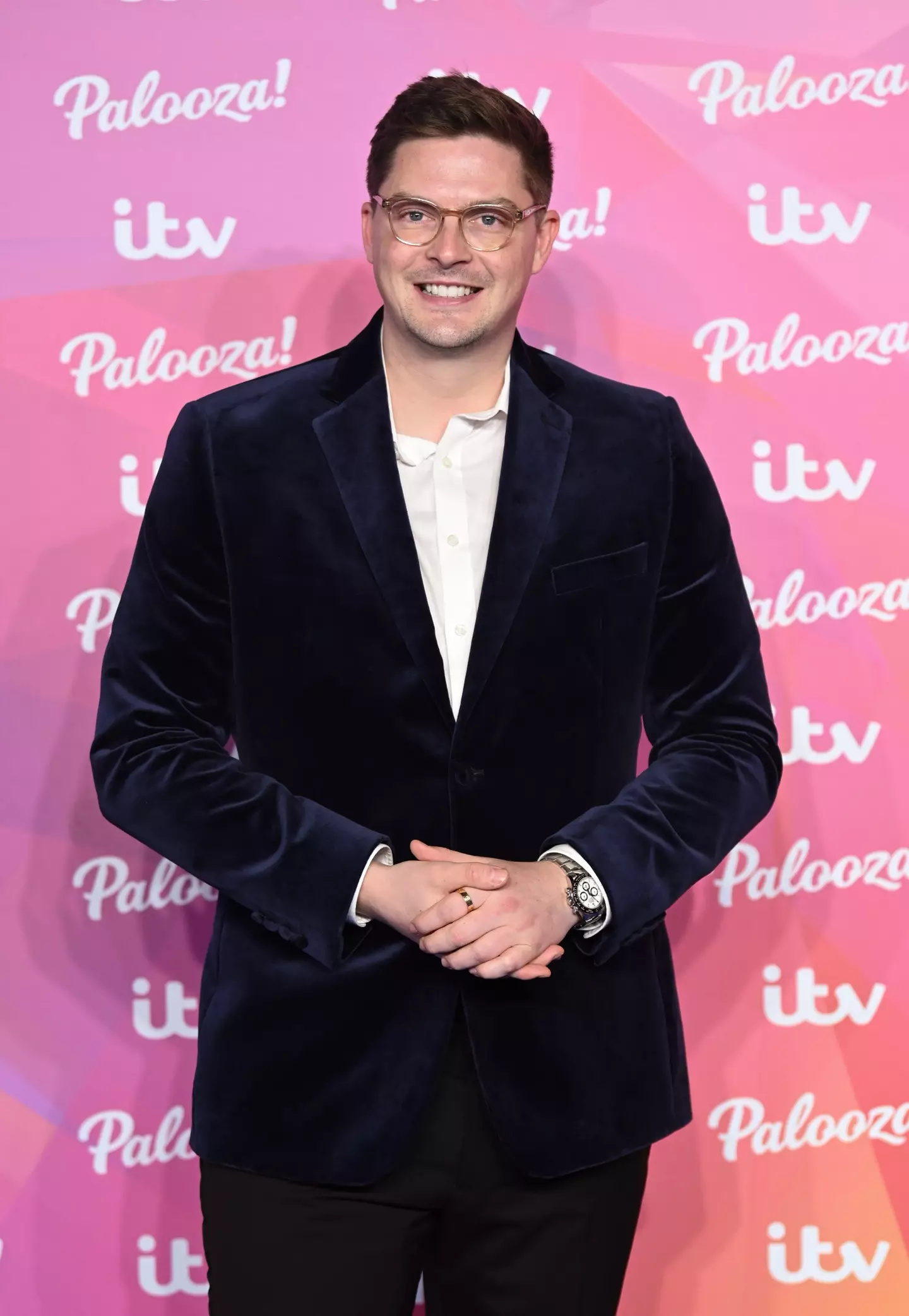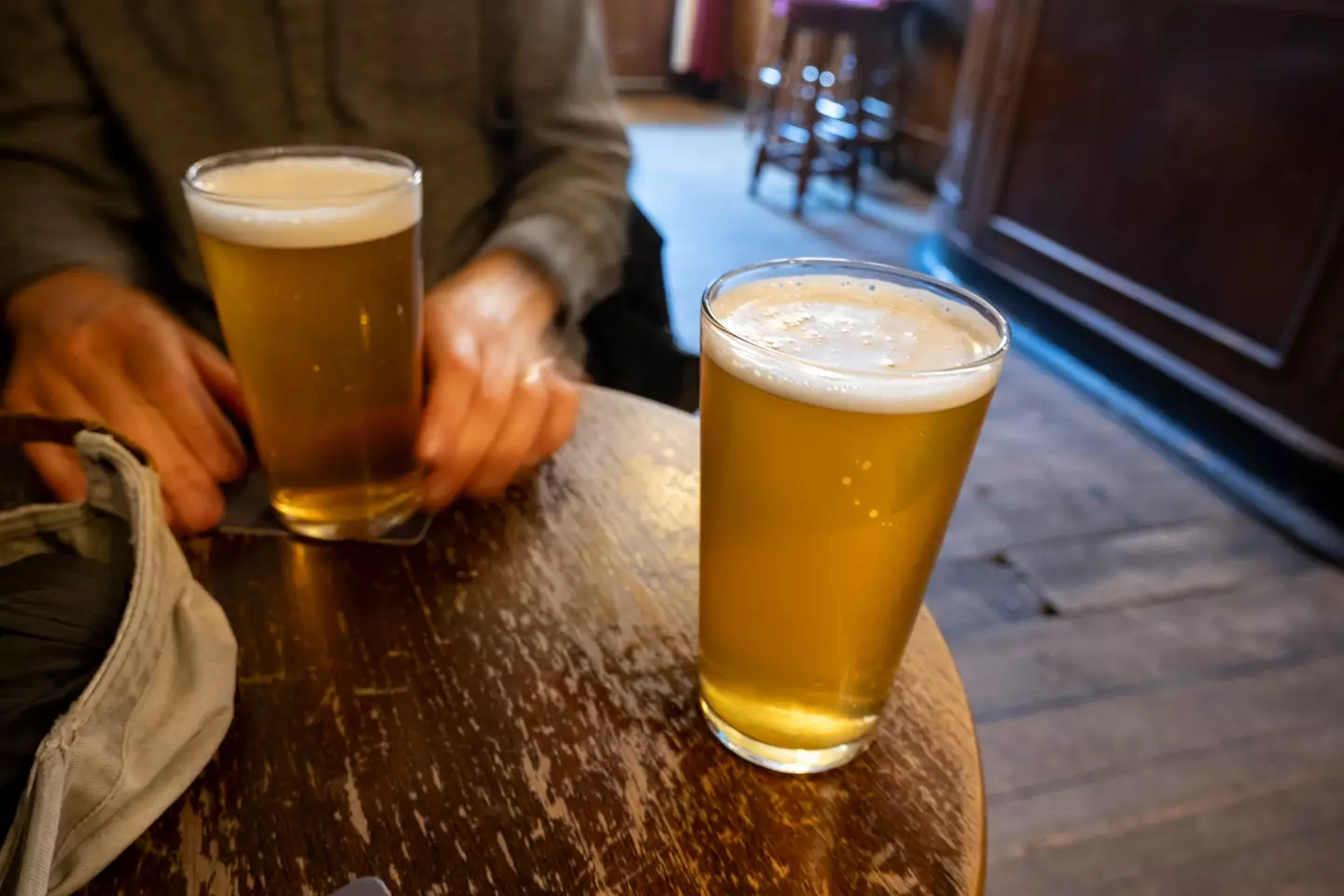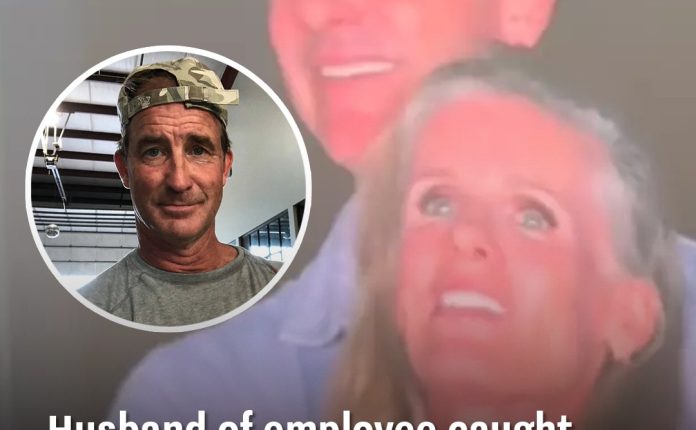
He also explained how long it takes for our bodies and brains to bounce back after quitting the liquor once and for all.
Dr Alex George from Wales shot to fame after appearing on the hit British TV show, Love Island, in 2018.
Since his TV debut, the physician works to raise awareness on topics close to his heart, such as mental health and now, more recently, going teetotal.
The 33-year-old shared his two-year sobriety journey on his YouTube channel, @DrAlexGeorge, and in the 30 minute clip revealed some surprising insight into what it’s like to really ditch booze for good.

Karwai Tang/WireImage)
Dr Alex started by answering how he ‘got into this mess’, saying that medics often turn to alcohol to relieve stress and pressure, though his relationship with booze turned sour over a period of six years.
He explained: “It’s something that crept up on me and I didn’t really realize how much of a problem it was until I’d stopped drinking for about six months.”
His life changed ‘dramatically’ since leaving the reality TV show as he said he started to use alcohol to ‘numb’ and ‘calm’ his nerves when attending social events – and then he suffered a traumatic event, with not only the pandemic but the loss of his brother who died at the age of 19 in 2020 to suicide.
Dr Alex said he coped by throwing himself into work – and to booze to ‘suppress’ those emotions.
It was on December 4, 2022, that the physician had his eureka moment when sat in the chair at his hairdressers as he said he looked ‘lost’, ‘puffy’, overweight, and feared he could die at 40 if he didn’t make a change.

Mike Kemp/In Pictures via Getty Images)
Dr Alex admitted it took a while for his body to adjust to quitting alcohol, particularly when it came to sleep.
He explained: “It’s because, although alcohol leaves your system very quickly, the effects on your body takes many many months to change and reverse.
“One of the things that does take time is the effect on your brain. Alcohol causes cellular death in the brain. It kills brain matter.
“If we drink over a long period of time, it causes all sorts of issues. When you stop drinking […] it takes time for your brain to adapt to a non-alcohol state.”
However, once he mastered the art of ‘sober sleep’ after about eight weeks, he said the benefits are an ‘absolute game changer’.
He continued: “All of sudden, falling asleep is easier. You enter deeper sleep and wake up feeling rejuvenated.”
However, the Welsh doctor said while he still enjoys socializing in bars, he soon discovered most people don’t care about his decision.
He continued: “You might get somebody asking ‘You want a drink?’
“As soon as you’ve answered a couple of questions, nobody cares.
“And even if they do care, they forget because they’re probably drinking.”
The doctor added another major benefit to giving up is the extra time he’s found to pursue other hobbies and interests and had some words of advice for those looking to follow in his footsteps.
Dr Alex said: “If you feel like you can go and not drink, it’s really useful.
“You can go and enjoy it, and realize you didn’t need a drink to enjoy it.”


